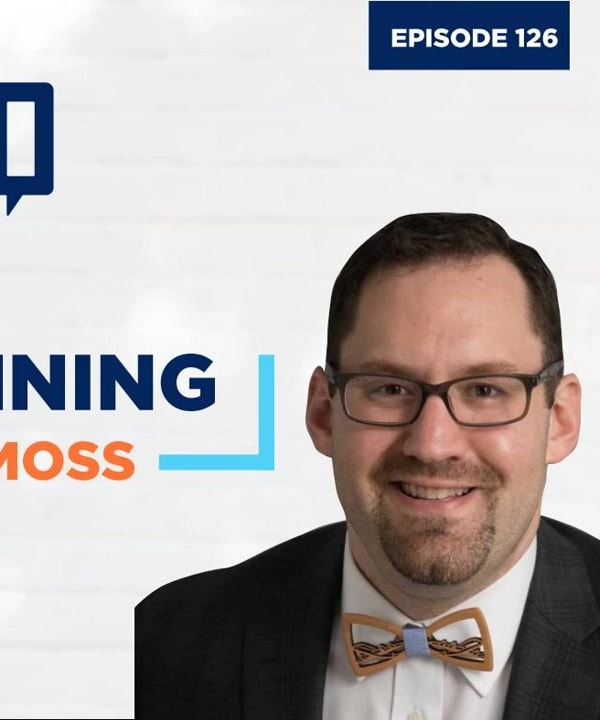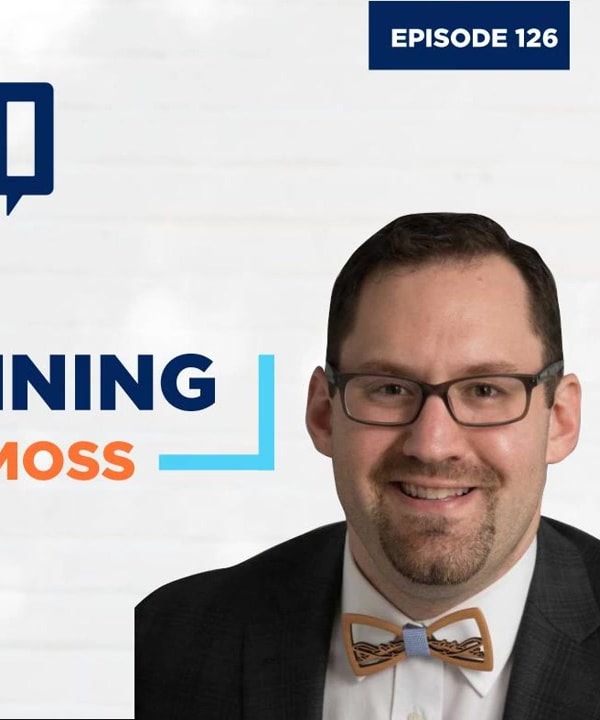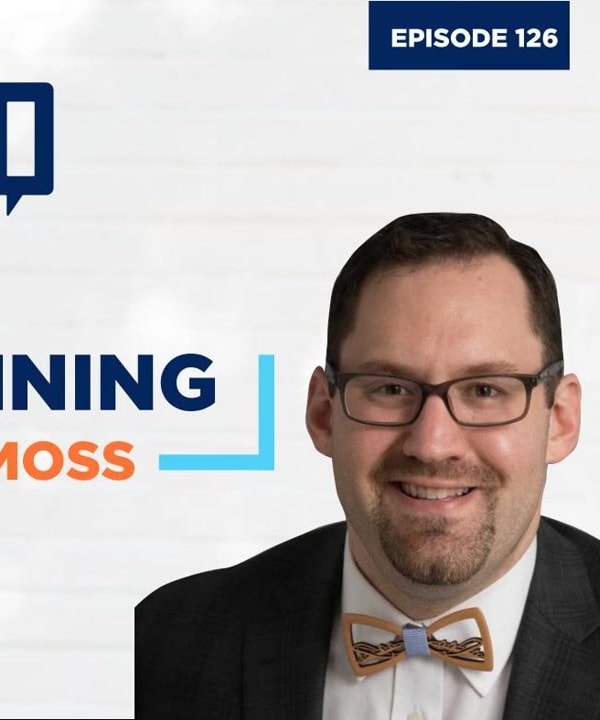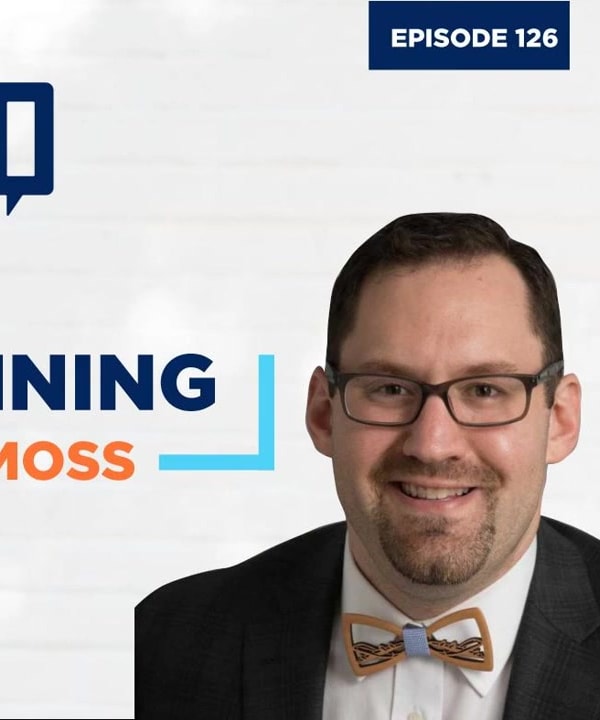Testamentary trust
Sources:
A testamentary trust, which is created upon a person's death through their will, serves to manage and distribute assets according to specified terms. Brad Barrett, along with expert Mark Moss, provides the following insights on testamentary trusts:
-
Creation and Function:
- Testamentary trusts are established upon an individual's death through their will.
- These trusts outline how assets will be distributed to heirs over time and can set specific conditions or timelines for asset distribution (e.g., distributing assets in three parts over 20 years) 1.
-
Cost and Public Record:
- Testamentary trusts can be more cost-effective compared to living trusts, as they don't involve setting up a trust entity while the person is alive.
- However, they are a part of the probate process, making the details of the trust, including asset distribution and beneficiaries, public records 2.
-
Benefits and Drawbacks:
- Advantages include lower initial costs and the ability to dictate specific terms for asset distribution.
- Disadvantages include the lack of privacy and potential creditor claims if heirs have known, future distributions 3.
-
Example of Use:
- Executors of wills can manage testamentary trusts, ensuring assets are distributed according to the deceased’s wishes.
- Beneficiary designations and pour-over wills can effectively transfer unspecified assets into the trust upon death 4.
For more detailed discussions, you can refer to the episode “126 | Estate Planning Wills vs Trusts” from the podcast.
RELATED QUESTIONS-



